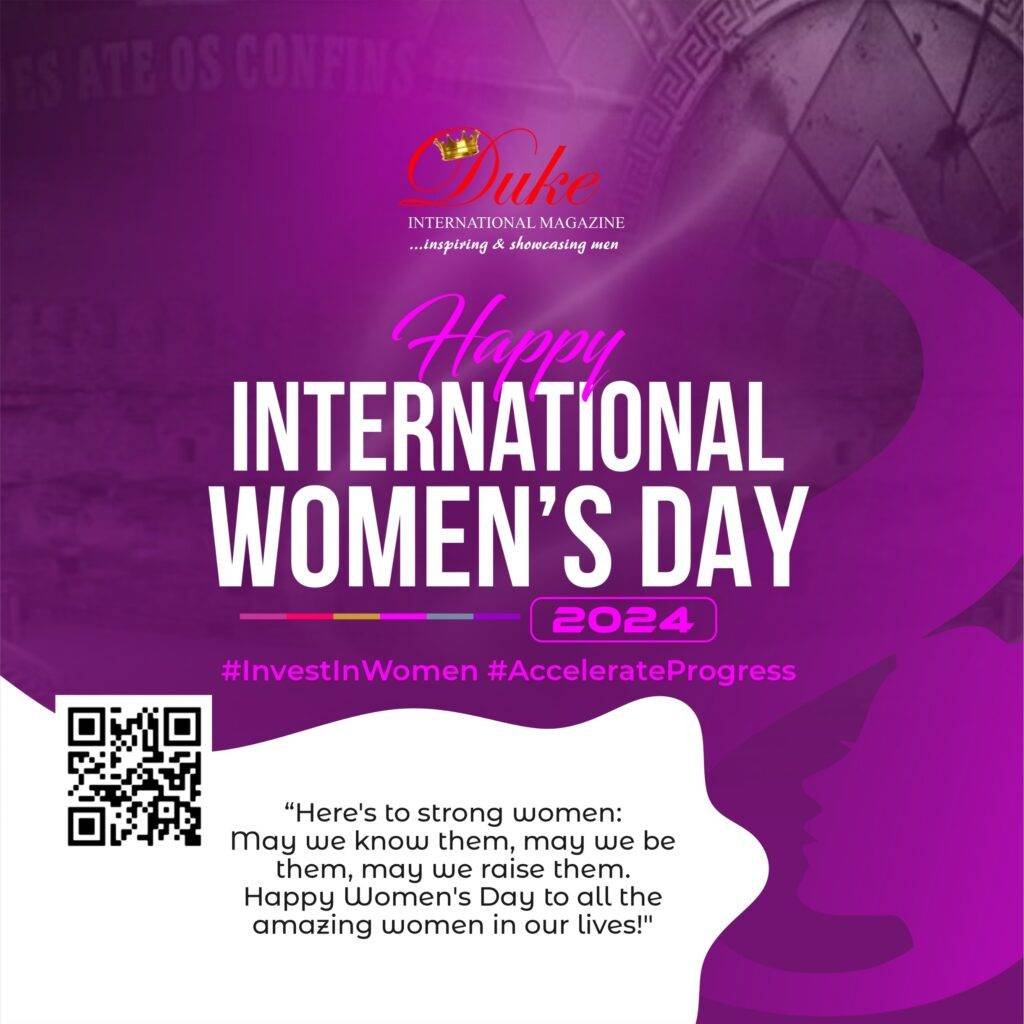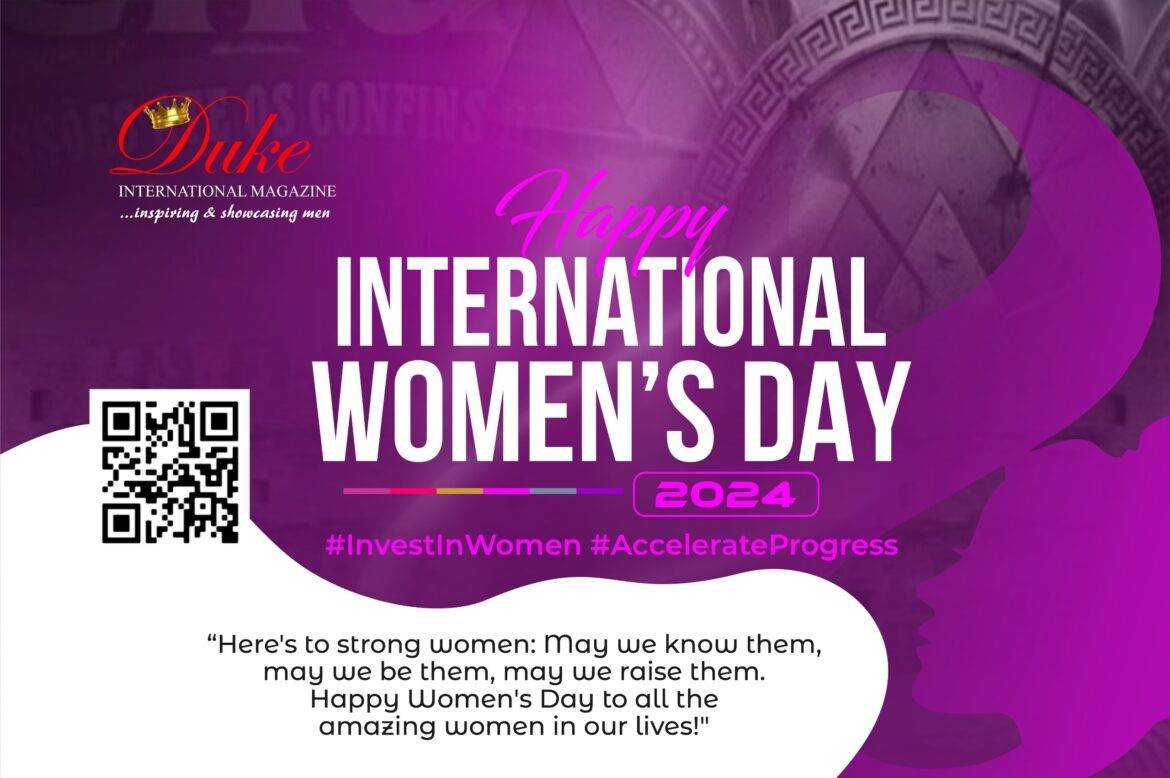In today’s ever-evolving global landscape, the imperative to foster inclusion, particularly for African women, has become increasingly apparent. It is crucial to recognize and address the unique challenges faced by African women, ensuring their voices are heard, and opportunities for growth and development are equally accessible.
African women, with their diverse backgrounds, talents, and experiences, contribute significantly to the socio-economic fabric of their respective nations. To achieve true inclusion, it is essential to dismantle barriers that hinder their progress and create an environment where every woman can thrive.
One key aspect of fostering inclusion is promoting equal access to education. By investing in educational opportunities for African women, we empower them with the knowledge and skills necessary to contribute actively to various sectors. Education serves as a catalyst for breaking the cycle of gender inequality and unlocking the full potential of women across the continent.

Additionally, economic inclusion plays a pivotal role in advancing the status of African women. Efforts should be made to provide equal opportunities in the workplace, ensuring fair remuneration, and breaking down the barriers that impede their professional growth. Entrepreneurship programs that specifically target and support women can be instrumental in fostering economic independence.
Cultivating a culture of inclusion also involves addressing gender-based violence and discrimination. African societies must collectively work towards creating safe spaces where women feel protected and respected, free from any form of harassment or bias. Legal frameworks and societal attitudes need to evolve to ensure that women are treated with the dignity and equality they deserve.
Furthermore, initiatives that amplify the voices of African women in leadership positions are essential. By breaking through the glass ceiling, women can serve as role models, inspiring the next generation and challenging stereotypes that hinder progress. Mentorship programs and networking opportunities can facilitate the development of a strong support system for aspiring female leaders.
In conclusion, achieving inclusion for African women demands a comprehensive and collaborative effort. By addressing educational disparities, promoting economic empowerment, eradicating gender-based violence, and fostering leadership opportunities, we can create a more inclusive society where every woman has the chance to fulfill her potential. It is through these collective actions that we can pave the way for a brighter, more equitable future for African women.

